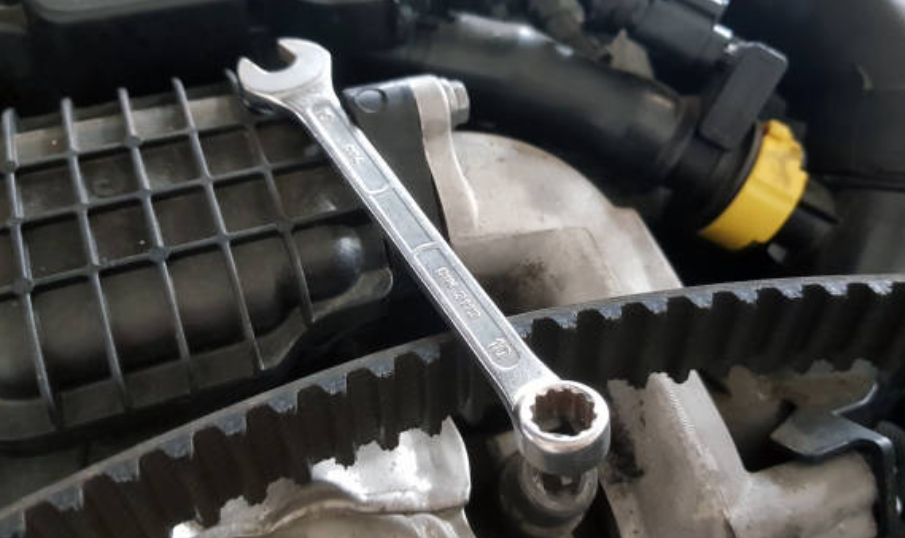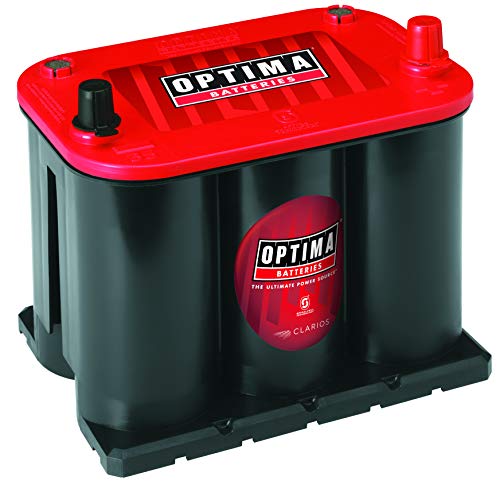Timing Belt Replacement Cost
Ensuring the longevity and proper operation of your vehicle hinges on the timely replacement of your timing belt. Regrettably, the expense tied to this essential maintenance can be substantial. Choosing to postpone this expenditure might save you money in the short term, but it could lead to more significant costs down the road. To guarantee the seamless and incident-free performance of your engine, let's delve into the essential details regarding timing belt replacement costs today.

What is a Timing Belt?
The timing belt, typically a toothed rubber belt fortified with fibers, acts as the crucial bridge connecting the engine's camshaft and crankshaft. This essential connection holds a central role in meticulously regulating the timing of the engine's valves, harmonizing their opening and closing with the motion of the pistons.
At its core, the timing belt's primary purpose is to achieve perfect coordination between the rotational motion of the camshaft, responsible for controlling the engine's valve operation, and the crankshaft, which governs piston movement. This precise synchronization is of utmost importance as it enables accurate combustion, promoting the engine's efficiency while preventing potential damage arising from interference between the pistons and valves.

As time passes, timing belts can undergo degradation from factors like heat, oil exposure, and general wear and tear. In the event of a timing belt failure, the engine's meticulous synchronization is disrupted, posing a significant risk of severe engine damage. To avert such potentially catastrophic situations, it is imperative to undertake regular timing belt maintenance or replacement.

The cost of timing belt replacement is subject to variation, hinging on several factors. These include the vehicle's type, the service location, the chosen auto repair shop or dealership, and whether the replacement encompasses just the belt or extends to include the water pump and associated components.
On average, a timing belt replacement can range from $300 to over $1,000. However, for luxury or high-performance vehicles, the expenses are often higher, mainly attributed to the intricacies of their engines and the utilization of pricier components.

The recommended replacement interval for timing belts varies depending on the make and model of the vehicle. It's typically advised to replace the timing belt between 60,000 and 100,000 miles, but always refer to your vehicle's manual for the manufacturer's guidelines.
-
Can I save on labor costs by bundling timing belt replacement with other repairs?
Yes, bundling timing belt replacement with other necessary repairs or maintenance tasks can help save on labor costs. Discuss this with your mechanic for a cost-effective approach.
-
What happens if I don't replace my timing belt on time?
Delaying timing belt replacement can lead to a failed belt, which may cause extensive engine damage. The repair costs for a damaged engine can be significantly higher than the cost of timely timing belt replacement.
Read more article here: The 10 Best Outdoor Mats For All Your Needs












